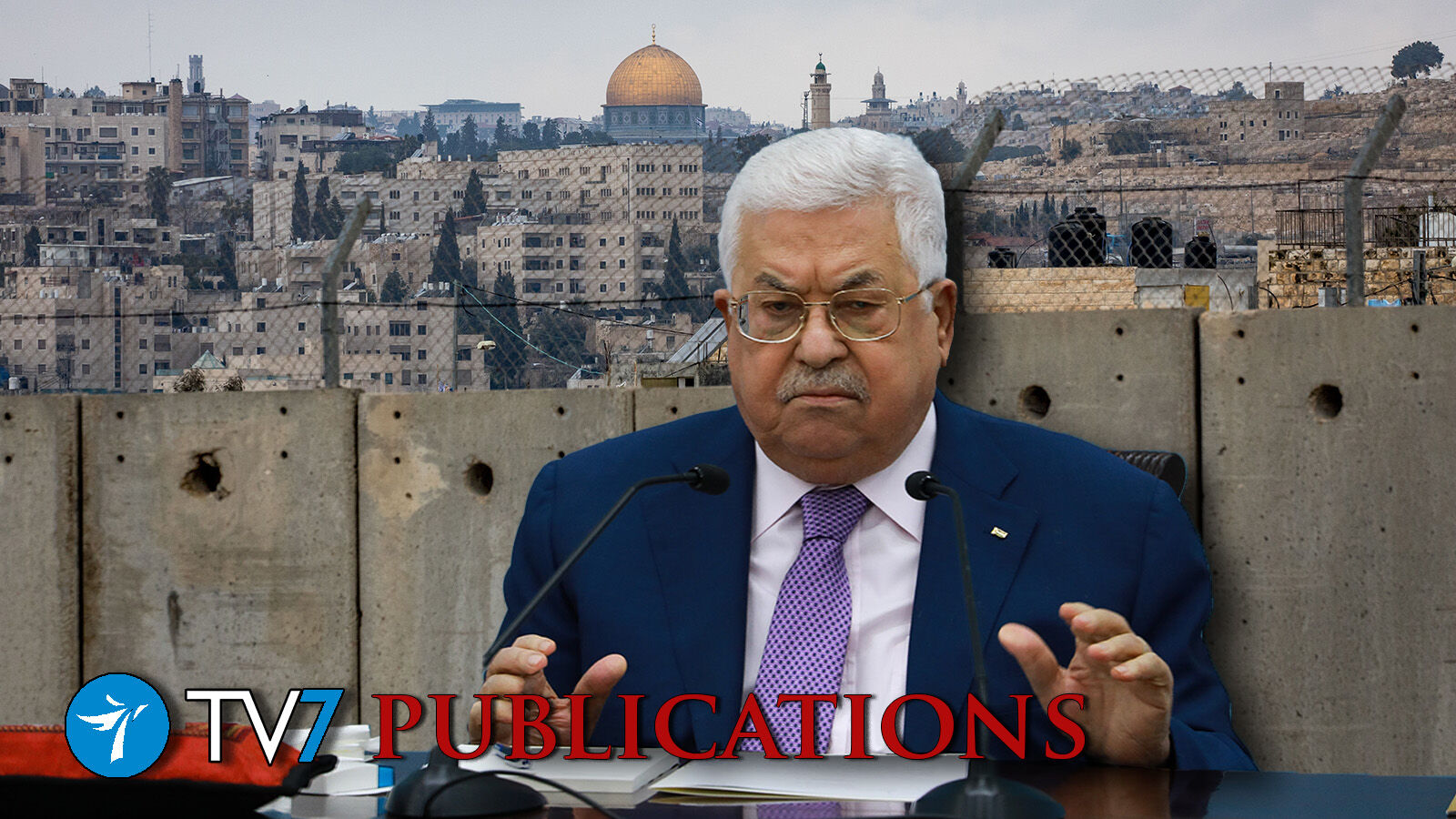It took Mansour Abbas, the head of the southern branch of the Islamic Movement’s United Arab List party (Ra’am), to show that Mahmoud Abbas has no ideological resolve or intentions to recognize the Jewish state and make genuine peace with it.
– By Professor Hillel Frisch, Expert on the Arab World
Mahmoud Abbas, the head of the Palestinian Authority (PA), condemned Israeli Arab politician Mansour Abbas last month for saying that Israeli Arabs must accept the Jewish State of Israel as a fact of life.
This proved, once again, that the Palestinian leader has no intention to make a peace deal with Israel. The Israeli Left, including former security officials, and European officials, are all united in their hope that Palestinian leader Mahmoud Abbas is a peace-maker.
Abbas’s “peace credentials” may have been one of the reasons behind Defense Minister Benny Ganz’s meeting with Abbas in the privacy of his home last week.
It took Mansour Abbas, the head of the southern branch of the Islamic Movement’s United Arab List party(Ra’am), to show that Mahmoud Abbas has no ideological resolve or intentions to recognize the Jewish state and make genuine peace with it.
Mansour Abbas entered the governing coalition led by Prime Minister Naftali Bennett and Foreign Minister Yair Lapid to topple former prime minister Benjamin Netanyahu from power.
Abbas made the daring, if not novel, remarks during a conference organized by the Globes business newspaper. For an Israeli Arab politician to state that Israel was born as a Jewish state and will continue to be so and insist that the Arab public be realistic and strive for a role in that state is a welcome turn of events. Though, the Islamic Movement, the Muslim Brotherhood offshoot in Israel, is known to say what its audience wants to hear in Hebrew while providing its supporters in Arab with a different message.
Mansour Abbas went way beyond the dovish Israeli Arab stance of working within the Jewish state to turn it into a state of all its citizens or a bi-national state.
Mahmoud Abbas reacted with vociferous denunciations, expressing the nation’s “refusal and disgust acknowledging the Jewishness of the state.” He said that these “irresponsible remarks fuel the extremist right-wing groups in Israeli society,” which “run contrary to [the Islamic] religion, the legacy of the Palestinian people that extend from the beginning of time,” and which “strengthens the imperialistic Zionist project.”
The Palestinian leader added that the remarks also increased the resolve of the settlers in “defiling” the Al Aqsa mosque with their presence. Abbas, of course, is referring to the Temple Mount as a whole since he well knows that Jews are not allowed into the mosque.
He further accused Mansour Abbas of making statements that helped circulate the lies of the Zionist movement.
Considering that the Temple Mount – Har Habayit – is the site of the two destroyed temples, first by Nebuchadrezzar II of Babylonia and then the Romans, one wonders what kind of peace the PA leader intends to make.
Of course, this bewilderment is nothing new for the Israeli public. It is already public knowledge that Mahmoud Abbas’s doctorate doubted the existence of gas chambers and the numbers of Jews murdered in the Holocaust.
More recently, the Palestinian leader attacked Arab leaders who dared to normalize relations with Israel as part of the Abraham Accords.
Of course, questioning Mahmoud Abbas’s potential peace-making role goes beyond ideological positions and rhetoric. At 86, Abbas can hardly soften his perception that the Jewish state is illegitimate. So even if he were to surprise the world with a change of heart, he would probably not muster the strength to lead Palestinians in doing so.
At present, he is trying to subdue any voice with some political clout that voices the path of peace.
The Israeli Left widely subscribes to the thesis of missed opportunities from the days of Foreign Minister Sharrett. Ben-Gurion presumably quashed their peace probes in the years before the Yom Kippur War. Again, according to this thesis, Israel likely missed another opportunity for peace during the talks, and informal understanding reached between former foreign minister Shimon Peres and King Hussein of Jordan in 1987.
Fortunately, Mahmoud Abbas’s timely reaction to Mansour Abbas serves to warn the Israeli public from being duped.
JISS Policy Papers are published through the generosity of the Greg Rosshandler Family.
